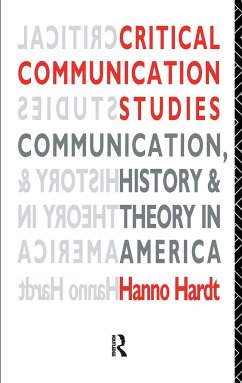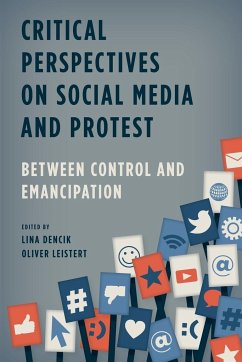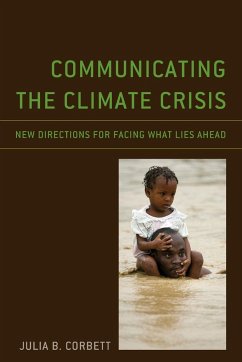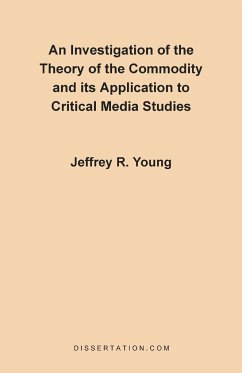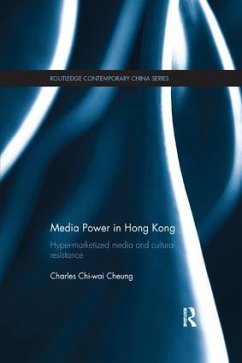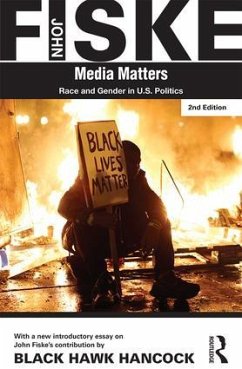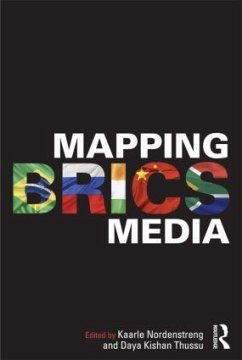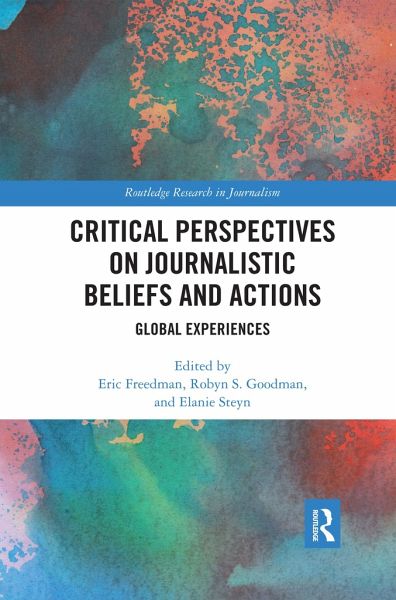
Critical Perspectives on Journalistic Beliefs and Actions
Global Experiences
Herausgeber: Freedman, Eric; Steyn, Elanie; Goodman, Robyn S.
Versandkostenfrei!
Versandfertig in 1-2 Wochen
53,99 €
inkl. MwSt.
Weitere Ausgaben:

PAYBACK Punkte
27 °P sammeln!
This book examines issues such as journalists' attitudes toward their contributions to society; the impact of industry and technological changes; culture and minority issues in the newsroom and profession; the impact of censorship and self-censorship; and coping with psychological pressures and physical safety dilemmas.






